Tester Introduces Bill to Crack Down on Chinese Drones Over Spying Concerns
U.S. Senator Jon Tester (D-MT) plans to introduce a Senate companion to the Countering CCP Drones Act on Thursday, June 19, 2024. The bill, originally authored by Representative Elise Stefanik (R-NY) in the House, aims to restrict Chinese-made drones, particularly those from market leader DJI, citing national security and privacy concerns.
The legislation would prohibit DJI drones from connecting to U.S. communications infrastructure by adding the company to the FCC’s “Covered List.” It also requires the Department of Defense to assess if other Chinese drone makers should be blacklisted.
Additionally, the bill establishes a grant program for law enforcement agencies to replace their DJI drones with American-made alternatives.
Rep. Stefanik first introduced the Countering CCP Drones Act in the House in February 2024, where it passed unanimously through the Energy and Commerce Committee in March. The bill would add DJI to the FCC’s “Covered List,” prohibiting the company’s drones from operating on U.S. communications infrastructure.

Now, Sen. Tester, chairman of the Senate Defense Appropriations Committee, is championing the legislation in the upper chamber. By introducing a Senate version, Tester aims to advance the bill through both houses of Congress, a common strategy for high-priority legislation.
“Cheap Chinese drones are flooding the American market, costing American jobs and putting our privacy and national security at risk,” Tester reportedly said. “My commonsense legislation will crack down on Chinese-made drones to bolster our national security, protect Americans’ privacy, and support U.S. manufacturers.”
Tester’s move comes amidst heightened U.S.-China tensions, particularly following the Chinese spy balloon incident over Montana in February 2023. Both Tester and fellow Montana Senator Steve Daines have sought accountability from the Biden administration regarding the balloon and informing the public.
DJI currently dominates the U.S. drone market but faces increasing scrutiny over its ties to China.
The Countering CCP Drones Act legislative process
Here is an overview of the legislative process the Countering CCP Drones Act must go through to become law:
House of Representatives
- The Countering CCP Drones Act was introduced in the U.S. House of Representatives by Congresswoman Elise Stefanik (R-NY) on April 25, 2023.
- The bill was referred to the House Energy and Commerce Committee and its Communications and Technology Subcommittee for Review, hearings, and markup.
- On March 12, 2024, the subcommittee held a markup session and reported the bill to the full committee.
- The Energy and Commerce Committee held a markup on March 20, 2024 and ordered the bill to be reported to the House floor on May 7, 2024.
- The full House passed the Countering CCP Drones Act on June 14, 2024 as part of the National Defense Authorization Act (NDAA) for Fiscal Year 2025 by a narrow margin of 217-199.
Senate
- The Senate Armed Services Committee will review its version of the NDAA FY2025, which may or may not include the Countering CCP Drones Act, starting on June 12, 2024. The bill could be amended or removed during this process, although removal seems unlikely at this point.
- If included, the full Senate will debate and vote on its NDAA version. Differences with the House bill will need to be reconciled.
Conference Committee
- A conference committee with members from both chambers will merge the House and Senate NDAA versions into a final bill and produce a conference report.
- The House and Senate must both pass the identical conference version of the NDAA FY2025.
Presidential Action
- The NDAA FY2025 will be sent to the President. If signed or not vetoed within 10 days, it becomes law. If vetoed, Congress can override with a 2/3 majority in each chamber.
- If enacted, the Countering CCP Drones Act provisions included in the final NDAA FY2025 would take effect in December 2025, two years after the law’s passage.
The Countering CCP Drones Act originated in the House, was added to the NDAA FY2025 defense bill, and passed the House. It still needs Senate approval, a conference committee to align the bills, passage again by both chambers, and the President’s signature to become law as part of the broader NDAA legislation. The process involves both the specialized committees and full votes in each chamber of Congress.
DroneXL’s Take
The Countering CCP Drones Act, now progressing through both chambers of Congress, reflects growing concerns over the security implications of Chinese-made drones. As the U.S. seeks to reduce reliance on Chinese technology, the Drone Industry finds itself at a critical juncture.
Balancing national security with the economic impact on the drone ecosystem will be crucial moving forward. The debate is far from over as Stefanik’s bill advances in the House and Tester’s companion legislation makes its way through the Senate.
The future of the U.S. drone industry and its relationship with China hangs in the balance. The outcome of this bicameral effort could have significant ramifications for Drone Service Providers, businesses, and public safety agencies relying on DJI’s technology. As the legislative process unfolds, stakeholders will be closely watching to see how Congress addresses this complex issue.
Discover more from DroneXL
Subscribe to get the latest posts to your email.


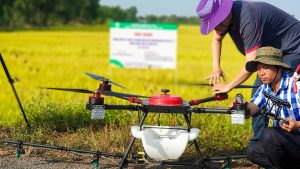
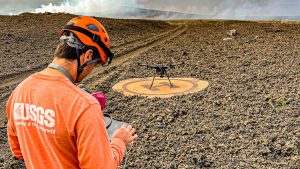



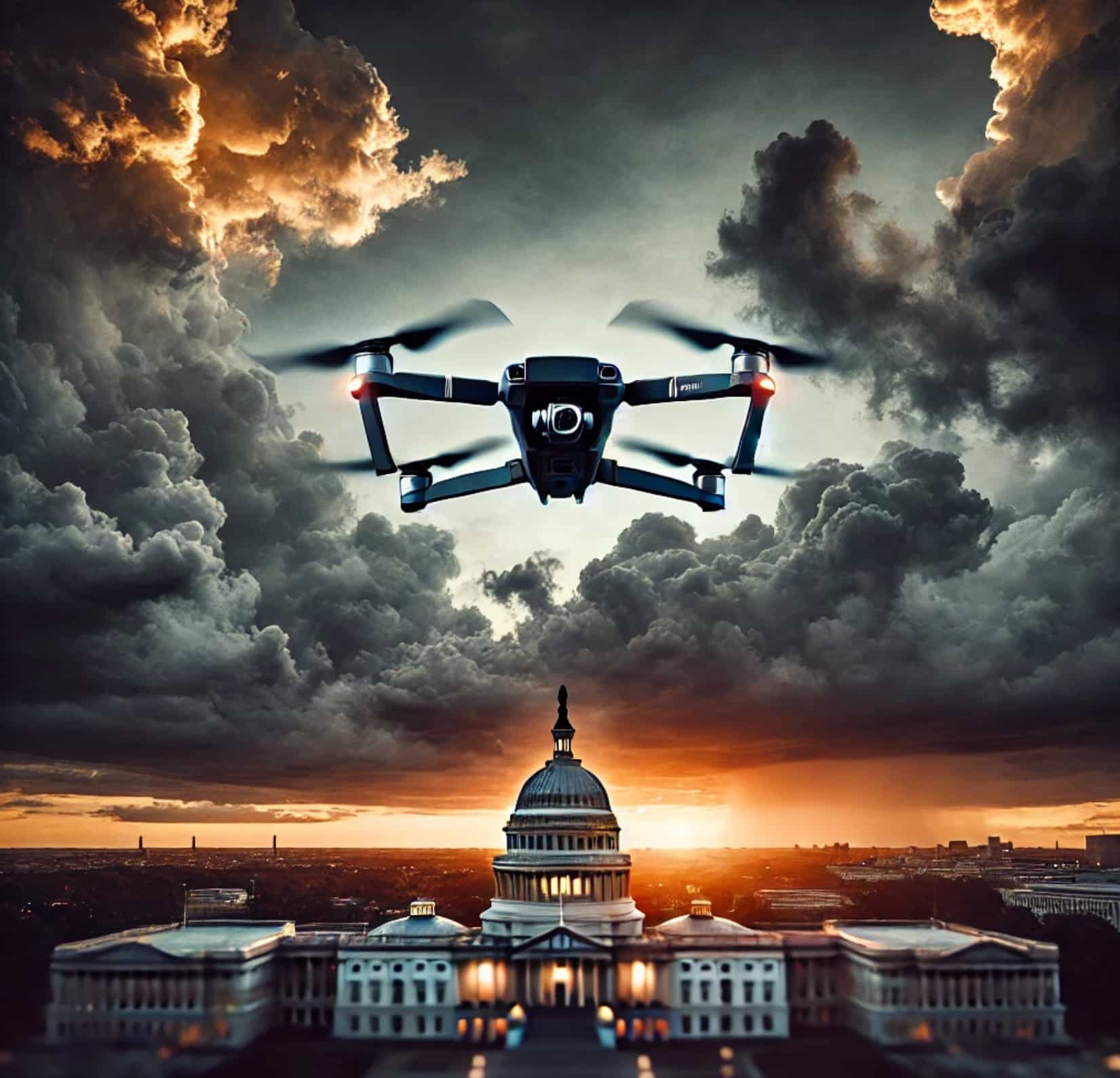
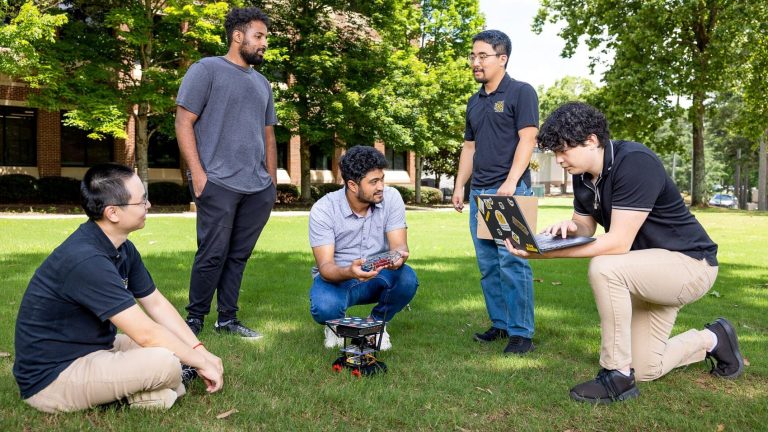

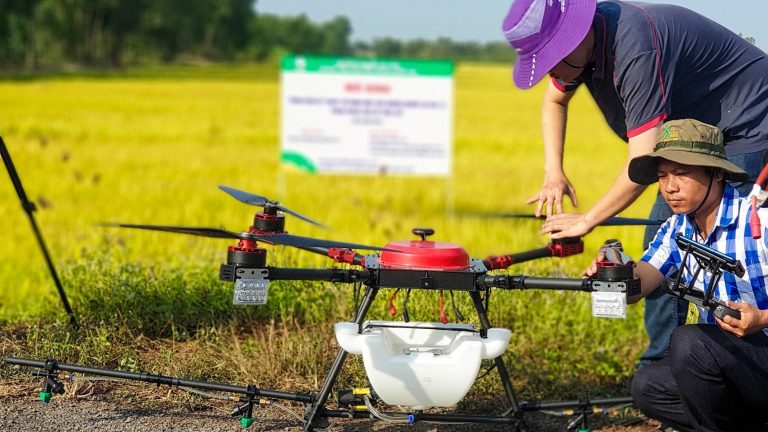

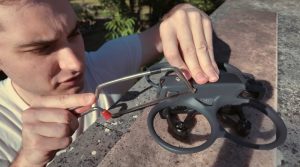



+ There are no comments
Add yours